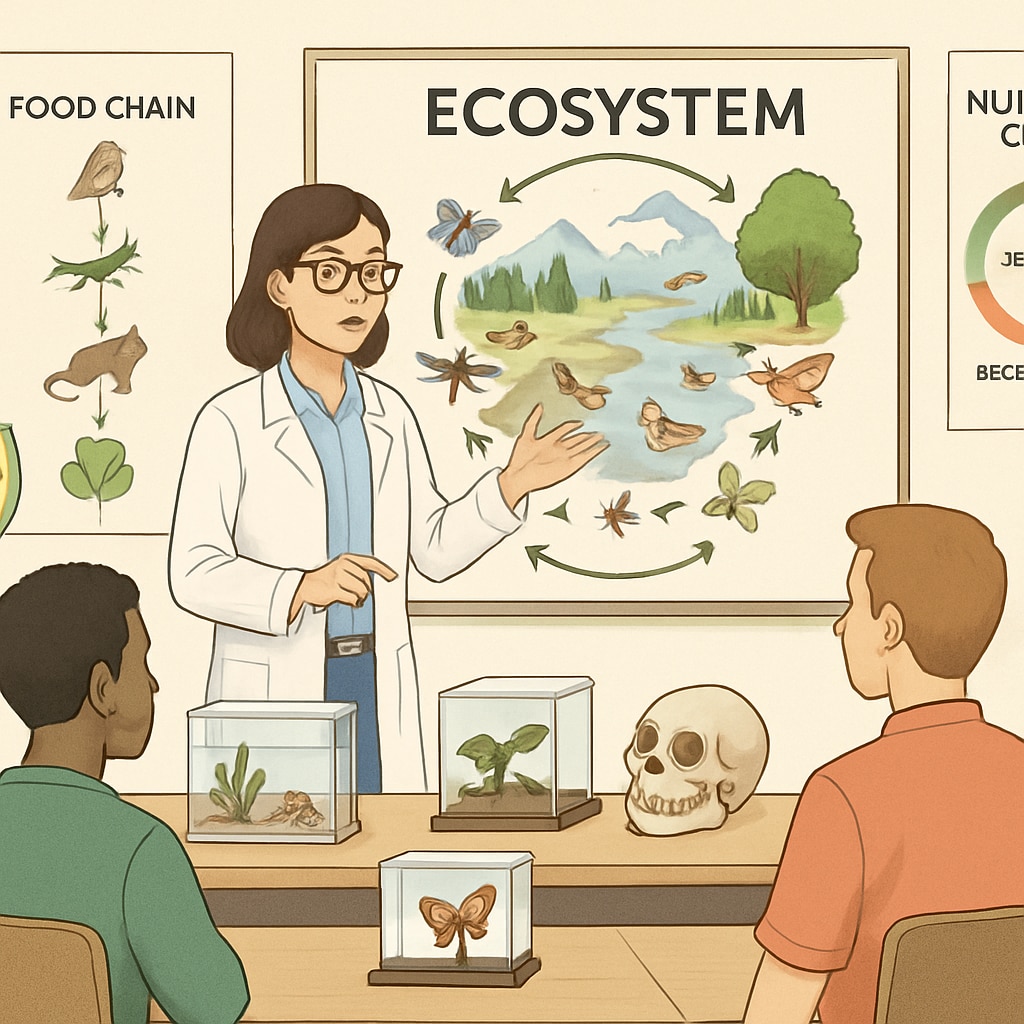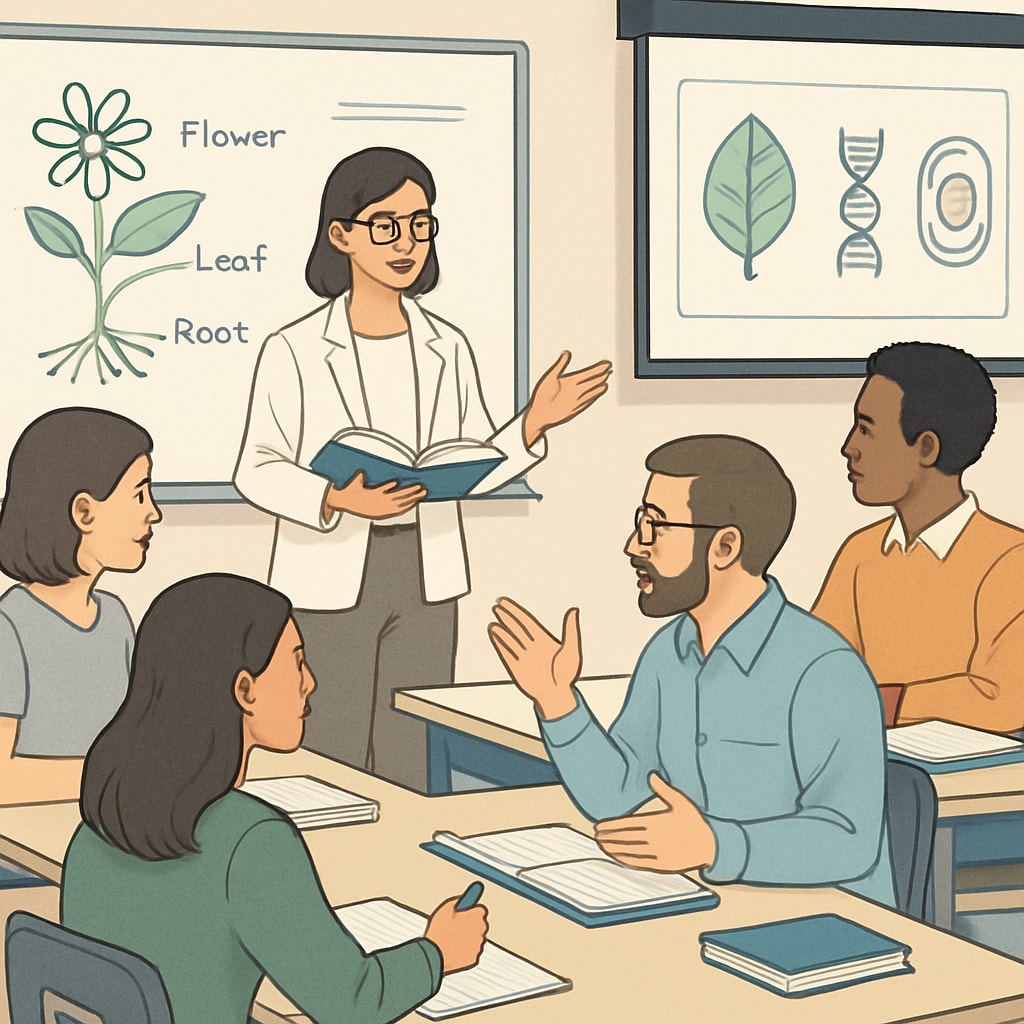Professionals with biology backgrounds often find themselves at a crossroads when considering career changes outside traditional scientific roles. Transitioning to education, particularly K12 classrooms, offers a compelling opportunity for these individuals to apply their scientific expertise in a rewarding and impactful way. This article explores the feasibility of such transitions, highlighting the advantages of bringing a biology perspective into education, practical strategies for making the shift, and how obtaining an education master’s degree can facilitate this professional transformation.
Why Biology Professionals Excel in Education
Biology professionals are uniquely positioned to thrive in education due to their analytical skills, ability to convey complex concepts, and experience with research methodologies. These strengths align perfectly with the needs of modern classrooms, where STEM (Science, Technology, Engineering, and Mathematics) education plays a crucial role in preparing students for future careers.
For example, a biology-trained teacher can bring depth to lessons on ecosystems, genetics, or human physiology, offering real-world insights that traditional educators may lack. Furthermore, their ability to demonstrate how scientific principles apply to everyday situations can inspire students to pursue STEM fields themselves.

Steps to Transition from Biology to Education
Making the leap from a biology profession to education requires careful planning and dedication. Below are key steps to ensure a smooth transition:
- Assess your interests: Determine whether teaching aligns with your passion for science and working with young learners.
- Obtain relevant qualifications: Pursue an education master’s degree or teaching certification to meet requirements for teaching positions.
- Leverage your expertise: Highlight your biology background in job applications and interviews, showcasing how it enhances your teaching capabilities.
- Gain classroom experience: Volunteer, tutor, or work as a teaching assistant to familiarize yourself with educational environments.
- Network with educators: Connect with professionals in education to gain insights and advice about transitioning into the field.

The Role of an Education Master’s Degree
An education master’s degree serves as a valuable stepping stone for biology professionals transitioning to teaching. This degree not only equips individuals with pedagogical knowledge but also provides practical training in classroom management, curriculum development, and effective communication. For biology professionals, advanced education programs often offer specialized courses in STEM instruction, which align seamlessly with their scientific expertise.
Additionally, obtaining a master’s degree can open doors to leadership roles in education, such as curriculum coordinator or STEM program director, allowing biology professionals to influence educational strategies on a broader scale.
In conclusion, transitioning from a biology profession to education is a feasible and impactful career change. By leveraging their scientific expertise, pursuing relevant qualifications, and gaining practical experience, biology professionals can make significant contributions to K12 classrooms. Their unique perspective not only enriches STEM education but also inspires the next generation of scientists and innovators. With the right strategies and dedication, the journey from the laboratory to the classroom can be both fulfilling and successful.
Readability guidance: Use short paragraphs and lists to summarize key points; ensure clear transitions between sections. Minimize passive voice and long sentences for better engagement.


